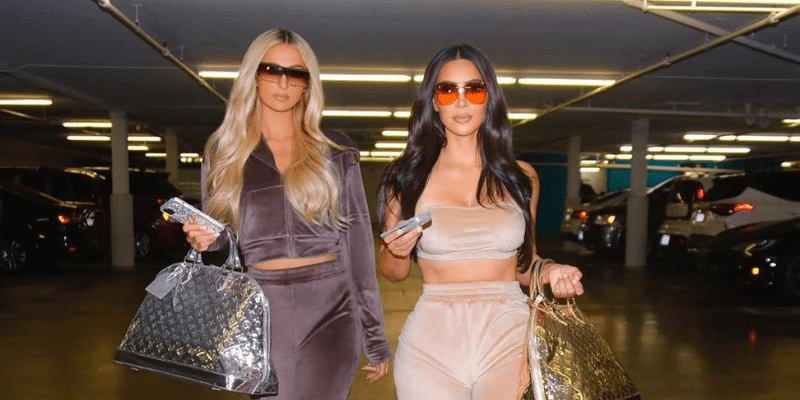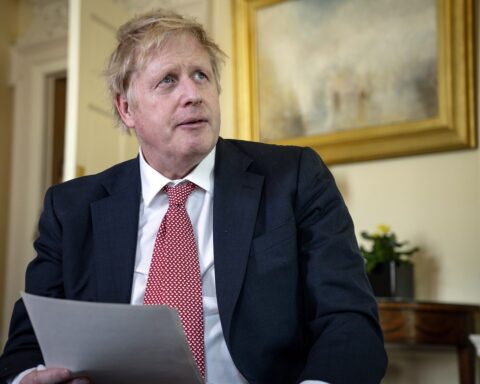The pandemic has revived many things: knitting, baking and even Fleetwood Mac’s Dreams. The increase in “nostalgic consumption” has had a knock-on effect for fashion too. Since March, there’s been an increase in “soft-talgia” items such as Juicy Couture tracksuits and even Ugg boots. There has been a massive 95% increase in searches for velour tracksuits and a 15% increase in searches for Ugg boots, according to Pilot Fish.
In October Kim Kardashian launched a range of velour tracksuits. Timothée Chalamet has also been seen in a pink Juicy Couture hoodie in US GQ and Dua Lipa in a lime green one on Instagram.
Meanwhile the universally mocked Uggs have been given Hollywood kudos, having been worn by Jennifer Lopez and Selena Gomez, with even the former Vogue editor at large André Leon Talley singing the praises of the sheepskin shoe. “I am the No 1 Uggs fan,” he said last week at the Footwear News Awards.
It’s not just that these items are jolie laide or ugly-beautiful, it’s that the pandemic has changed consumers’ perspective on what clothes they buy. “The pandemic has undeniably blurred the lines between style and comfort more than ever before,” says Nick Stickland, executive creative director at ODD, who has worked with Nike and Dr Martens, “and created the perfect hotbed for [these products] to flourish.”
“From a physical perspective, soft clothes feel good against our body,” adds Prof Carolyn Mair. “They envelop us like a second skin without restricting and limiting movement or comfort. The relationship between body and mind, physiology and psychology is well documented and so feeling good physically impacts how we feel psychologically.” Mair isn’t surprised that consumers are pivoting towards soft-talgia clothes. “The weight, texture, hardness or softness of an object can subconsciously influence our emotion and our behaviour. It’s easy to see how this relates to the clothes we wear.”
The revival also fits into research that shows that nostalgia is triggered by cold weather and another study showing that it can help combat feelings of loneliness. “There is a general sense of unease and uncertainty about where our world is headed so it is no surprise that we are all seeking comfort,” says the fashion historian Laura McLaws Helms. “Nostalgia never remembers the negatives of a period,” she says, “so every nostalgic revival becomes a sanitised version of the past: safe, comfortable and stable. The millennial nostalgic passion of the 1990s and 2000s allows them to return to a time when they felt safe and comfortable, as a child and teenagers, free from adult worries.”





